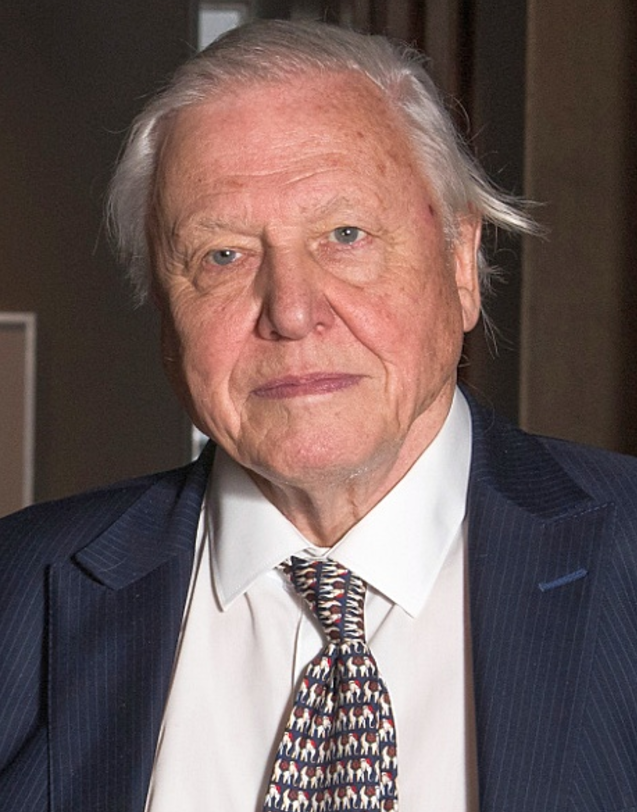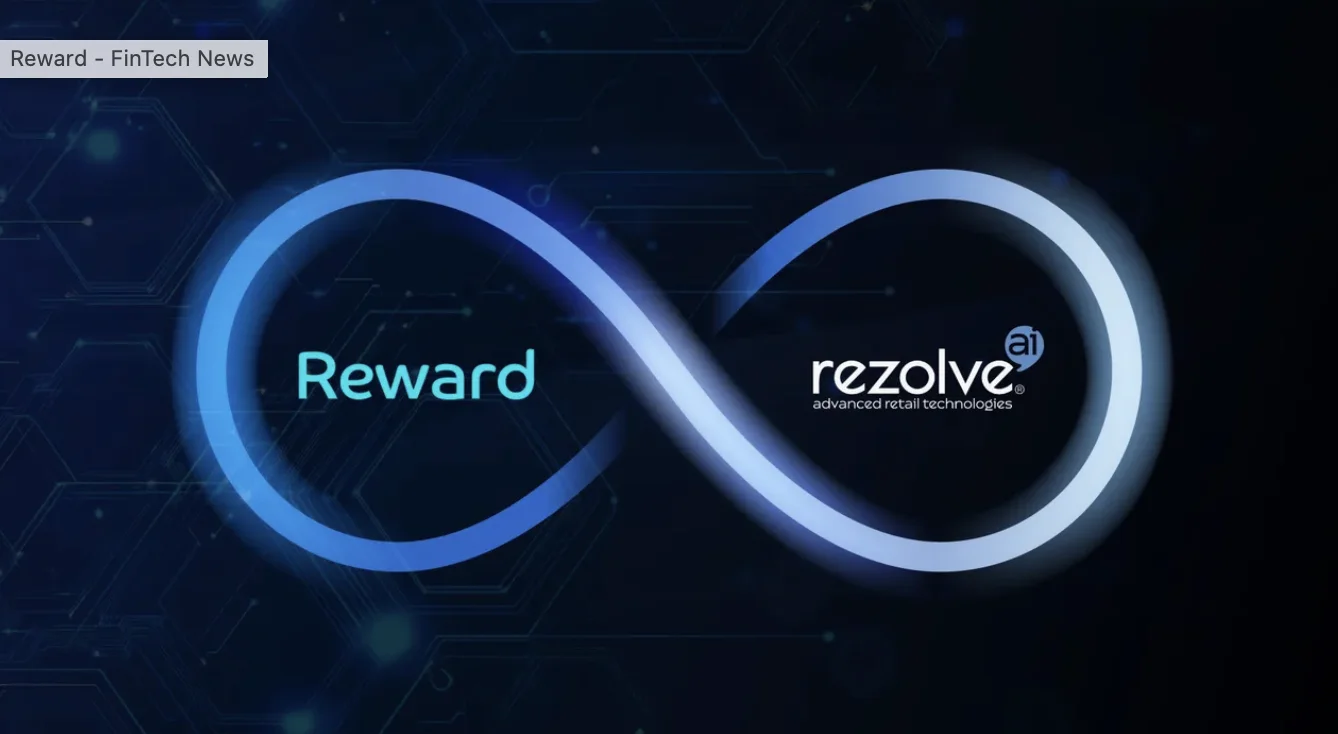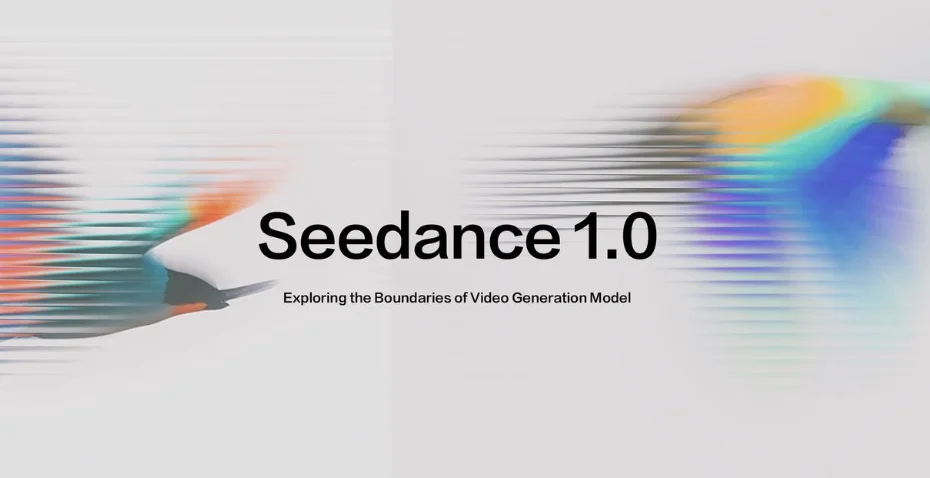Sir David Attenborough has voiced his strong objection to the use of AI-generated replicas of his iconic voice, describing the practice as “profoundly disturbing.” Speaking to the BBC after being presented with AI-mimicked clips of his voice, the veteran broadcaster and naturalist expressed deep dismay. “I am profoundly disturbed to find these days my identity is being stolen by others and greatly object to them using it to say whatever they wish,” he said.
The issue of AI voice cloning, particularly of trusted figures like Attenborough, raises significant ethical concerns. Dr. Jennifer Williams, a researcher in AI audio from the University of Southampton, warned of the risks posed by such technology.
“When you have a trusted voice like Sir David Attenborough, who all around the world people recognize as a Voice of Truth, putting words in his mouth — about war, politics, or anything he hasn’t endorsed — is very concerning,” she stated.
The seamless imitation of Attenborough’s voice, played alongside his real recordings, demonstrated just how close AI can get to mimicking a public figure. Dr. Williams noted: “It sounds like Sir David Attenborough to me. This is a very serious issue when it involves voices that carry global trust and authority.”
As AI voice technology becomes increasingly accessible, experts like Williams are calling for greater public awareness and regulatory frameworks to address its misuse. For Attenborough, the implications are personal and troubling, underscoring the urgency of safeguarding identities in the digital age.
Featured image: Credit: The Bodleian Libraries, Author, John Cairns, Wikipedia






